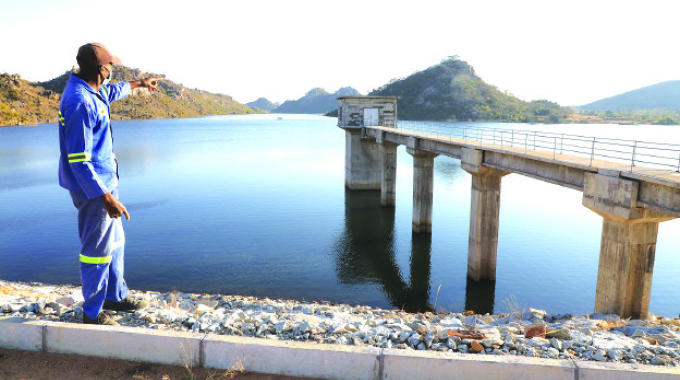Where is Zanu-PF website
 Knowledge Mushohwe
Knowledge Mushohwe
THE internet is seen by many observers as the ultimate tool for facilitation of alternative for civil engagement, given the growing popularity of social media, the availability of electronic voting systems in some countries and the general ability of digital technologies to mobilise virtual communities.
The internet is, therefore, seen as an ideal catalyst for invigorating public interest or mass participation of the general population in public affairs.
Bringing people together electronically can help internet users to build a sense of belonging to as community and trust.
Because of the interactive nature of the internet, communication ‘traffic’ travels in higher volumes and at a much faster pace when compared to other forms of media.
As a result of high levels of interaction, the internet would serve as an aid to good governance by increasing or promoting transparency, efficiency and customer-oriented service delivery.
In a technology-rich community such as ours, political parties have no choice but to establish an electronic communication with the public, particularly the younger citizens who are known for their heavy use of the internet.
But careless and senseless gathering and dissemination of information can derail a potentially fruitful crusade.
Previous studies have shown that government or political party websites are routinely used for the provision of standard information about organisations and policies that are also widely available elsewhere, providing more of the same rather than anything new.
Provision of political information via the internet may reinforce civic and cause-oriented facets of political activism, which are more popular and acceptable among the younger generation. When it comes to provision of electronic information, it appears Zanu-PF, the ruling party is a few steps behind. A simple Google search for ‘Zanu-PF’ returned one positive result – www.zanupf.org.zw.
The site’s home is saturated with old news, such as a July 2013 interview with former Reserve Bank Governor, Dr Gideon Gono and an announcement by President Mugabe on the ‘upcoming’ June elections.
On other pages of the site, some comrades that have passed on are sadly still listed as active members of the party.
They include the late vice president John Nkomo and politburo members Solomon Mujuru, Stan Mudenge and Kumbirai Kangai. There is no news on the ruling party’s website about last year’s resounding victory, or the indigenistion policy that it is currently implementing.
Contact details for the webmaster contains old numbers with 011 and 0913 prefixes. Every bit of information on the website is either outdated or irrelevant to all stakeholders. No one benefits from accessing the website.
By failing to provide fresh information, the ruling party is creating an information vacuum impossible to fill.
Zanu-PF needs a dedicated team to run a people-oriented website that truly engages the public on pertinent tropical issues such as Zim-Asset, white collar crime and economic independence. A website can be a direct link between the revolutionary party and the public and can present undiluted, raw information straight to the public.
The public in turn would have a chance to contribute to a healthy dialogue that can only help the party.
The internet can no longer be ignored. One only has to notice the high amount of traffic of political discussions on the social media to know that Zimbabweans are ready and willing to engage in discussions relating to national issues.
Much like anywhere else, internet users in Zimbabwe are multiplying every year. According to research figures, online access in Zimbabwe had started to bloom, with six Internet service providers and 30 000 users as of December 1999, the number rising sharply to 48 000 by the end of the year 2000. A 2004 report by Internet World Stats commented that at the time, about a million, almost 10 percent of Zimbabwe’s 14 million people had access to the Internet.
Most members of an estimated population of between 1 million and 5 million Zimbabweans then living outside the country were frequent visitors to these online newspaper sites. Zanu-PF and indeed the Government have a mandate to provide direct information to the public through digital links as most Zimbabweans now prefer reading and getting news off the internet. The site www.zanupf.org.zw gives online users absolutely no information of use in 2014.
The time has come for the ruling party to give serious consideration to the millions of Zimbabweans that access the internet every day.
Official party positions do not belong in The Herald or on ZBC.
Rather, the media may benefit greatly by accessing and disseminating relevant information off the party’s website. With a functioning, interactive official Zanu-PF website, the party, the people and even the media are sure to benefit.
It is a win-win.





Comments